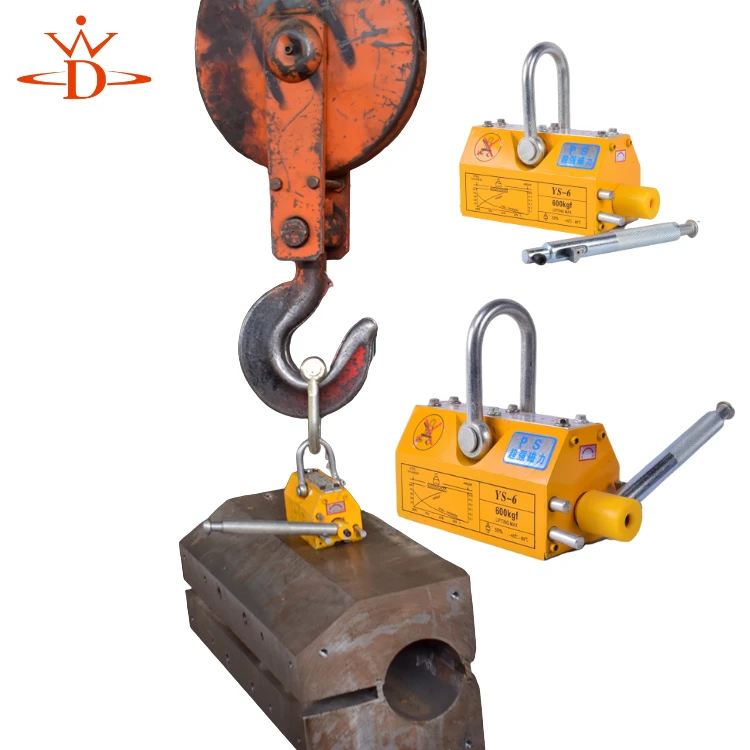1 ton overhead crane cost and pricing options for your needs
Understanding the Cost of 1 Ton Overhead Cranes
Overhead cranes are essential pieces of equipment in many industries, especially in manufacturing, warehouses, and shipping facilities. These cranes excel at moving heavy materials and loads efficiently, making them invaluable for operations that require lifting and transporting items with precision. If you are considering purchasing a 1-ton overhead crane, understanding the factors that influence pricing is crucial.
What is an Overhead Crane?
An overhead crane, sometimes known as a bridge crane, consists of a hoist that moves along horizontal beams supported by vertical columns or walls. This design allows the crane to cover a large area, making it ideal for lifting loads in confined spaces. Their ability to increase productivity while ensuring safety continues to drive their popularity across various sectors.
Factors Influencing the Price of 1 Ton Overhead Cranes
1. Type of Crane Overhead cranes come in various types, each designed for specific applications. The most common types include single girder and double girder cranes. Single girder cranes are typically less expensive and suitable for lighter loads, while double girder cranes can handle heavier loads and provide greater lifting height, usually at a higher price.
2. Material and Build Quality The construction material of the crane plays a significant role in its pricing. Steel and aluminum are the most common materials used, with steel being the preferred choice for durability and strength. The quality of components such as the hoist, motors, and control systems also impact the overall price. Higher quality materials and parts lead to increased costs but better performance and longevity.
3. Customization and Features Some operations may require customized features, such as specific spans, heights, or lifting speeds. Additional features like remote controls, anti-collision systems, or enhanced safety measures can also drive up the cost. It's essential to assess your operational needs and discuss these with manufacturers to understand how customization affects pricing.
overhead crane 1 ton price

4. Brand and Supplier Reputation The reputation of the crane manufacturer can significantly influence pricing. Established brands that are renowned for quality and reliability often charge higher prices than lesser-known companies. Investing in a reputable brand can be more cost-effective in the long run due to lower maintenance costs and fewer downtime incidents.
5. Market Demand and Economic Conditions Prices for overhead cranes can fluctuate based on market demand and economic conditions. During times of increased industrial activity, prices may rise due to high demand. Conversely, during economic downturns, prices may decrease as suppliers strive to clear inventories.
6. Installation and Service Costs Beyond the base price of the crane, installation costs must be considered. Some suppliers include installation in the initial quote, while others charge separately. Additionally, ongoing maintenance and service contracts should be factored into the overall cost of ownership.
7. Geographic Location The location of your business can also impact crane costs. Transportation fees can vary greatly depending on distance, and regional economic conditions may cause price variations. It’s crucial to account for these factors when budgeting for your crane purchase.
Pricing Overview
As of the latest data, the average price range for a 1-ton overhead crane can span from approximately $2,000 to $10,000 or more, depending on the factors previously discussed. Basic models may cost less, while those with specialized features or made by prominent manufacturers could be significantly more expensive.
Conclusion
Investing in a 1-ton overhead crane is a significant decision that can enhance your operational efficiency and safety. It is crucial to conduct thorough research to ensure you select a crane that not only meets your specific needs but also fits within your budget. By understanding the factors influencing pricing and assessing various suppliers, you can make an informed purchase that supports your business objectives. Ultimately, investing in a quality overhead crane can provide long-term benefits, reducing labor costs and increasing productivity in your operations.
-
Unlock Seamless Relocation with Our Heavy Equipment Moving ExpertiseNewsJun.06,2025
-
Unleash Unrivaled Flexibility with Our Adjustable Gantry CraneNewsJun.06,2025
-
Unleash Heavy-Duty Efficiency with Our Industrial Gantry Crane SolutionsNewsJun.06,2025
-
Revolutionize Steel Handling with Our Magnetic Lifter RangeNewsJun.06,2025
-
Master Equipment Mobility with Premium Machinery Mover SolutionsNewsJun.06,2025
-
Elevate Your Material Handling with Magnetic Lifter TechnologyNewsJun.06,2025
-
YS Permanent Lifting Magnets: The Smarter Way to Handle SteelNewsMay.22,2025
